VPNs enable users to have privacy online. A secure VPN will encrypt user data and browsing history, thus providing protection even when connected to a public Wi-Fi network. Users who intend to connect to a random hotspot should use a VPN to prevent man-in-the-middle attacks and attempts at stealing browser data. This article serves as a guide to determining the best VPN country to connect to, given a user’s specific location, needs and preferences. Each country listed below is evaluated according to how the country measures up against the criteria for internet speed, data security and content restrictions. This guide will also answer some frequently asked questions about VPN locations.

Table of Contents
1. Switzerland
Users who have access to a VPN change countries to take advantage of better data privacy laws. Out of all countries, Switzerland is the user’s best option for data privacy. The constitution of Switzerland guarantees the right to privacy and is not required to comply with stricter EU data retention laws since the country is not a member of the European Union.
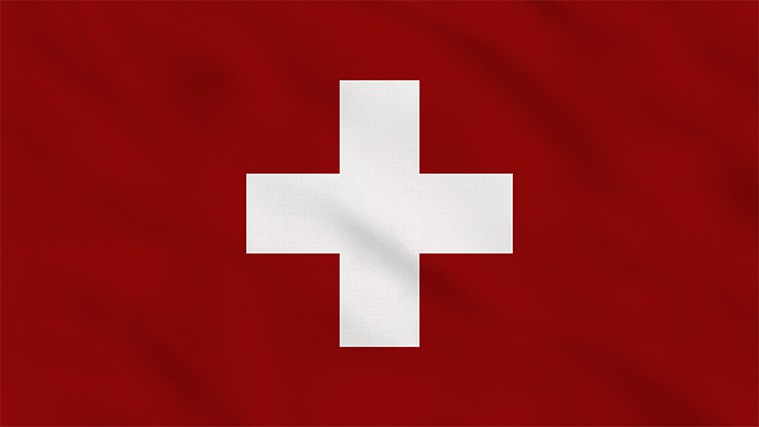
The processing of personal data is restricted, and torrenting is also protected by the law. This means the government cannot request personal information or legally charge a user for activities done online.
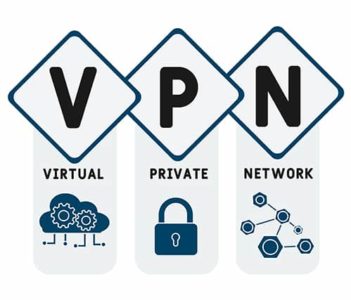
Switzerland also has superior internet speed, consistently ranking in the top 15 fastest for both mobile and fixed broadband. The download speeds are 75.4 Mbps for mobile and 113.01 Mbps for fixed broadband on average.
Because of Switzerland’s data privacy laws and web infrastructure, users are guaranteed a safe and fast internet experience. This is especially true for residents of Europe, who will also be able to enjoy the lower latency when connecting to a Zurich or Bern server.
2. Malaysia
Users with either a paid or free VPN change countries to be more confident with data privacy. If data privacy is a concern for the user, Malaysia is another good choice. The country’s Personal Data Protection Act (PDPA) protects the personal data of individuals with respect to transactions that are commercial in nature. The law came into force on Nov. 15, 2013, and is still active today.
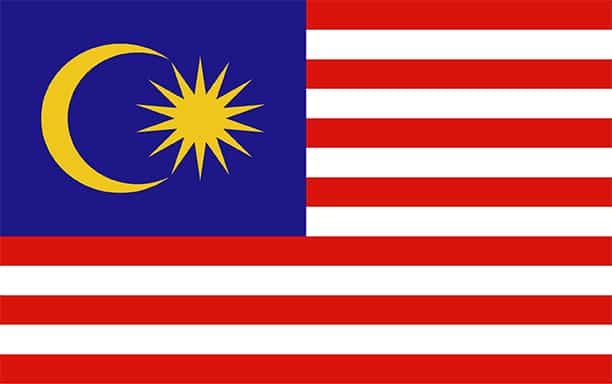
The PDPA has an added benefit in that the law restricts cross-border transfers of data, ensuring that whatever browsing is done while connected to a Malaysian server will not be shared outside the country. The PDPA also applies to companies using equipment in Malaysia to process personal data.
Users who live in the Southeast Asia region can rely on lower latency speeds when connecting to a secure Malaysian VPN based in Kuala Lumpur.
3. Panama
Panama considers VPNs legal to use. The enactment of Law 81 on March 26th, 2019, gives citizens the right to privacy when browsing the internet. This law states that the transfer of data is not allowed without the data subject’s explicit consent.
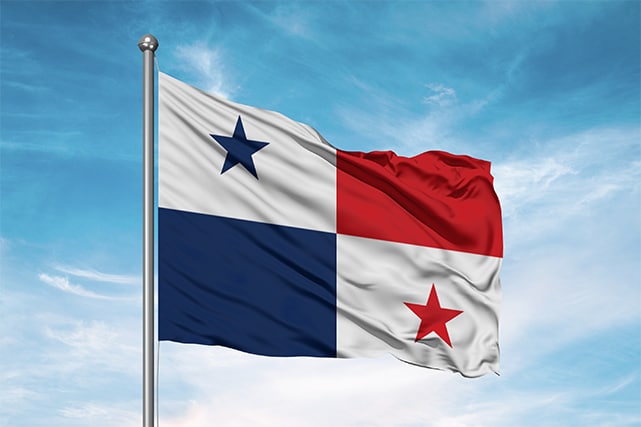
There is additional security in using the internet on a server located in Panama City because the country has no law mandating data retention. Panama also does not belong to any collaborative alliances that exchange mass surveillance data, such as the Fourteen Eyes.
Panama is a good choice for a VPN country location because the nation does not oblige companies to keep records and logs of users. Panama’s data protection law makes this country a preferred destination for popular VPN services such as NordVPN, which operates under Panama’s jurisdiction.
4. British Virgin Islands
The British Virgin Islands is a very good option for a privacy-focused user in search of a VPN server to connect with. Despite being an overseas territory of the U.K., the British Virgin Islands are not a part of any spy alliances that the U.K. is a party to. This is because the BVI has no foreign intelligence agency partners.
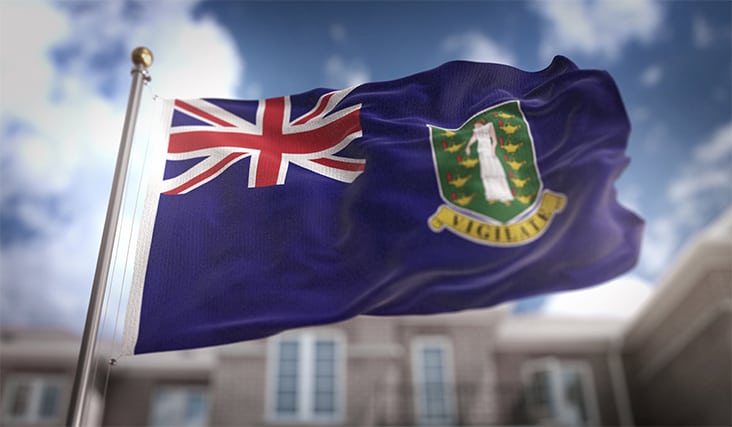
The BVI also lacks obligatory data retention laws, which makes the territory popular among users who value privacy. A lack of data retention laws means that VPN providers based in the country are not obliged to store logs.
Users based near the Caribbean can take advantage of lower latency since the territory is situated near other Caribbean states, such as Haiti and Puerto Rico. VPNs based in the British Virgin Islands are typically located in Road Town, the capital city of the BVI. The average download speed in the BVI is 57.3 Mbps.
5. Romania
Romania is another good choice for a VPN location. This country nullified the European Union’s 2006 Data Retention Directive due to privacy concerns. These data retention laws were even repealed again in 2014 by the Constitutional Court of Romania.
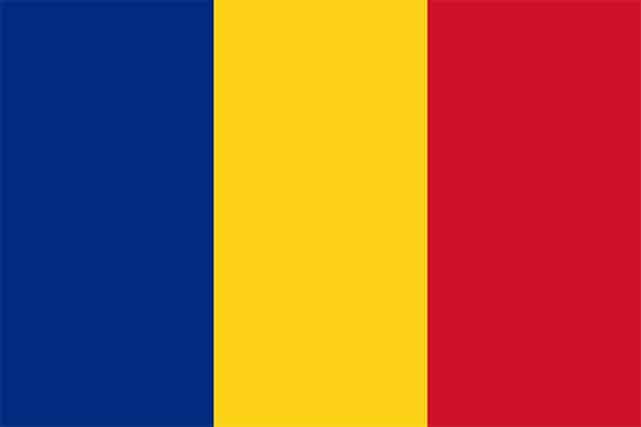
Among other things, the laws involved giving police and security agencies access to details such as IP addresses and email timestamps for a minimum of six months. Now VPNs based in Romania are not obliged to keep any logs of users.
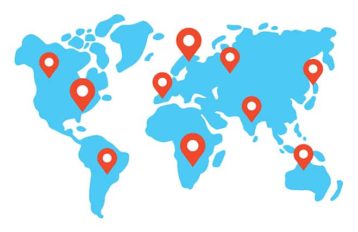
Censorship in Romania has also been considered and proposed, but no major actions have been taken to remove any large mainstream websites.
A benefit of using a Romanian server is that users can take advantage of the nation’s high-speed internet connection. The internet infrastructure in Romania is highly competitive, reaching speeds of up to 136 Mbps.
Users living in areas near Romania, such as Ukraine and Hungary, can take advantage of lower latency connections to a VPN server in the Romanian capital, Bucharest.
6. Iceland
Iceland’s Data Protection Act, which came into force on July 15, 2018, protects the user from unlawful processing of personal data. The law is an implementation of the European Union’s General Data Protection Regulation (GDPR).
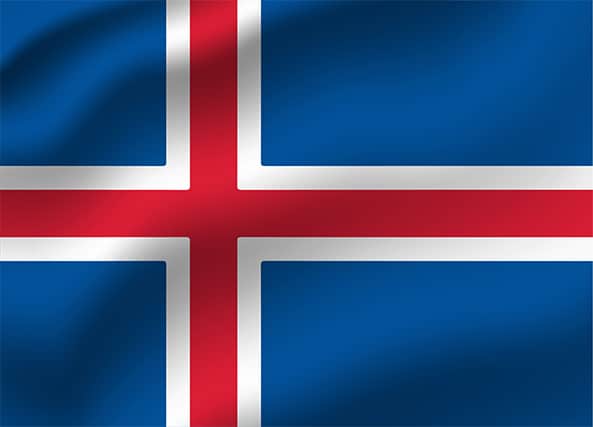
Iceland also passed a set of regulations known as the Equal Access to Internet. These laws ensure unrestricted access to all Icelandic citizens.
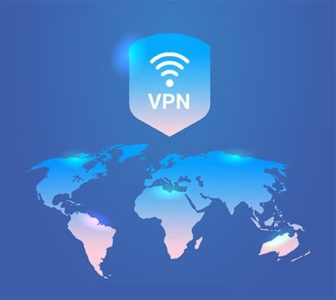
Popular VPNs such as ProtonVPN have a chain of servers in Iceland. These servers are protected by law to maintain a true no-logging system for the VPN services provided.
Users based in Europe can consider Iceland a contender for the best country to VPN to, as far as security and privacy are concerned. Iceland does not cooperate with other countries in sharing personal information.
The internet speed in Iceland is also excellent due to the wide availability of full-fiber networks in the country. Users can rely on quick internet speeds averaging 191.8 Mbps from a Reykjavik-based VPN.
7. Spain
Despite being part of the European Union, Spain has strict regulations regarding personal data protection. The country protects both data supplied by local companies and entities based outside of the country. The Organic Law 3/2018 was put into force starting on Dec. 7, 2018, and continues to be part of current law.
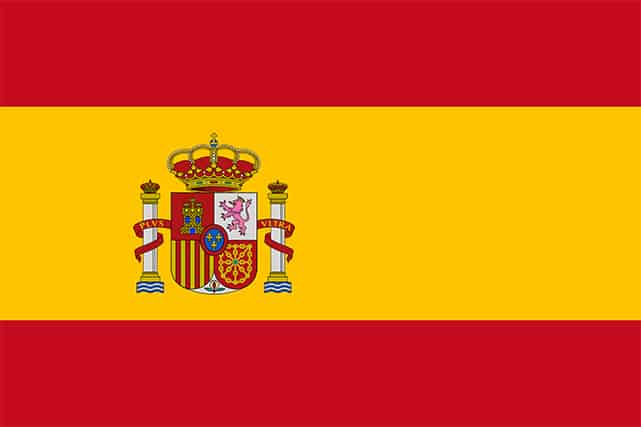
Note:
Using a server based in Spain means that user data is automatically protected by these data privacy laws. There are a number of VPN locations to choose from in the country, including Madrid, Barcelona and Valencia.Spain also has the added benefit of being in the top 14 countries in terms of average download speed. The country has an average download speed of 186 Mbps. Users based in Europe who want to know how to change a country VPN on a laptop or desktop can consider a server based in Spain.
How to Choose a Country for the VPN Connection
Factors to consider when choosing a country for a VPN include the country’s data security laws, the distance between the user and the server and whether the country blocks content online. These three factors will ensure the security, speed and accessibility of the VPN used.

- Data Security: A good country for a VPN server must have well-defined data protection laws that shield the user from issues involving the processing of personal data. Ideally, there should be laws about the privacy of IP addresses and a law that prohibits third parties from accessing users’ personal data.
- Distance Between Servers: The distance between the user and the VPN server affects the internet latency. Latency refers to the time lag between a user performing an action and a web service responding to that action. For example, if the user tries to load an image, a low latency connection will quickly send back data for that image. The farther the user is from the server, the higher the latency will be.
- Content Blocking: If the user intends to use the VPN to access content from websites such as Netflix, YouTube or Twitter, the VPN server should be located in a country that places few restrictions on content. Services like Netflix have different content libraries for different locations and some services may not even be accessible in other countries. Countries like China and the UAE ban messaging services and other applications in favor of local solutions.
Does the Country You Connect to Affect Your Internet Speed?

Yes, there is a possibility that the country chosen can significantly speed up or slow down the user’s internet connection.
ISPs and certain websites can slow down the internet speed through traffic shaping. VPNs can help overcome the effects of this bandwidth management technique by giving these service providers an alternative IP address.
An alternative address can provide more robust DNS servers to users. Better servers can also drastically reduce latency when browsing content online. To learn firsthand how VPNs affect internet speed, users can download a VPN and use the tool for daily browsing.
Note:
Internet speeds can also slow down due to a VPN’s encryption methods, which are an added step in the connection and thus cause some latency.Does the Country You Connect to Affect the Sites You Can Enter?

Yes. There are many sites that have been blacklisted by ISPs or national governments. For example, the Great Firewall of China is an aggressive approach to internet censorship that prevents access to foreign websites such as Twitter, Google and Facebook.
Blocked websites are often the result of geoblocking. This procedure involves limiting content or access based on the IP address of the user. This can be done both in the public and private sectors.
For instance, the U.S. may ask U.S. companies to block users from certain countries to comply with economic sanctions given at the federal level. However, users can learn how to unblock websites using a VPN, bypassing such restrictions.

